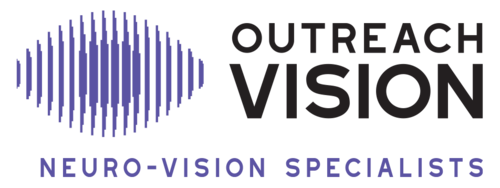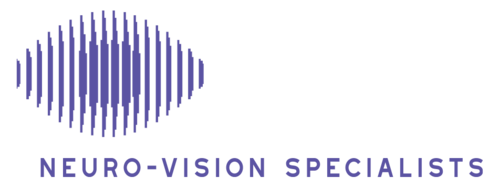
Have you ever felt off balance, dizzy, or like the world is slightly tilted, yet your routine eye exam says your vision is fine? If this sounds familiar, your symptoms could be rooted in a condition known as Binocular Vision Dysfunction (BVD). This subtle yet impactful visual misalignment can disrupt your everyday life, even if your eyesight appears normal on a standard eye chart.
At Outreach Vision, we specialize in diagnosing and treating BVD through comprehensive, specialized vision evaluations designed to go far beyond the basics. If you or someone you love is constantly struggling with unexplained dizziness, balance issues, or difficulty concentrating, your eyes could be the missing piece of the puzzle.
What is Binocular Vision Dysfunction (BVD)?
BVD occurs when your eyes have difficulty working together to create a single, clear image. A slight misalignment between the eyes forces your brain to work overtime to correct it, leading to symptoms that mimic other conditions - making it notoriously hard to diagnose.
Unlike common vision problems that are easily detected during a routine exam, BVD requires advanced diagnostic testing that evaluates how well your eyes are aligned and how your brain interprets visual signals.
Common Symptoms of BVD
Because BVD disrupts the way your eyes and brain collaborate, it can trigger a wide range of symptoms, including:
• Dizziness or a persistent sense of being off balance
• Migraines or frequent headaches, especially around the temples or forehead
• Neck pain or tension (often due to head tilt or posture compensation)
• Anxiety or feelings of panic, especially in visually overwhelming environments
• Difficulty reading or focusing on printed text
• Symptoms that mimic ADHD, such as restlessness and poor concentration
• Unsteady gait, tripping, or frequent falls
• Motion sensitivity, especially in cars or crowded spaces
• Trouble with eye contact or visual fatigue after screen use
These symptoms are frequently seen in people with vestibular disorders, concussions, traumatic brain injuries (TBI), autoimmune conditions, or after head trauma from car accidents or sports injuries. In children and teens, BVD may contribute to reading challenges, attention deficits, or academic struggles that are often misdiagnosed as behavioral issues.
How Outreach Vision Can Help
At Outreach Vision, our specialized vision evaluations assess how your eyes work together and how that coordination affects your balance, cognition, and daily function. We use advanced tools and testing to identify even the most subtle signs of binocular misalignment.
Once diagnosed, BVD can often be treated with vision therapy, and other neuro-optometric rehabilitation techniques. These treatments are designed to realign your visual system, reduce symptoms, and help your brain and body communicate more efficiently.
Reclaim Your Balance and Confidence
Living with constant dizziness, headaches, or difficulty concentrating can be frustrating and exhausting, especially when the root cause remains unclear. If traditional exams and treatments haven’t provided answers, it may be time to look at your vision in a new way.
If you're tired of feeling dizzy, anxious, or off balance, schedule a specialized vision evaluation with Outreach Vision to find out if BVD is behind your discomfort and take the first step toward lasting relief. Contact our office in Platte City, Missouri, by calling (816) 858-6080 to book an appointment today.





